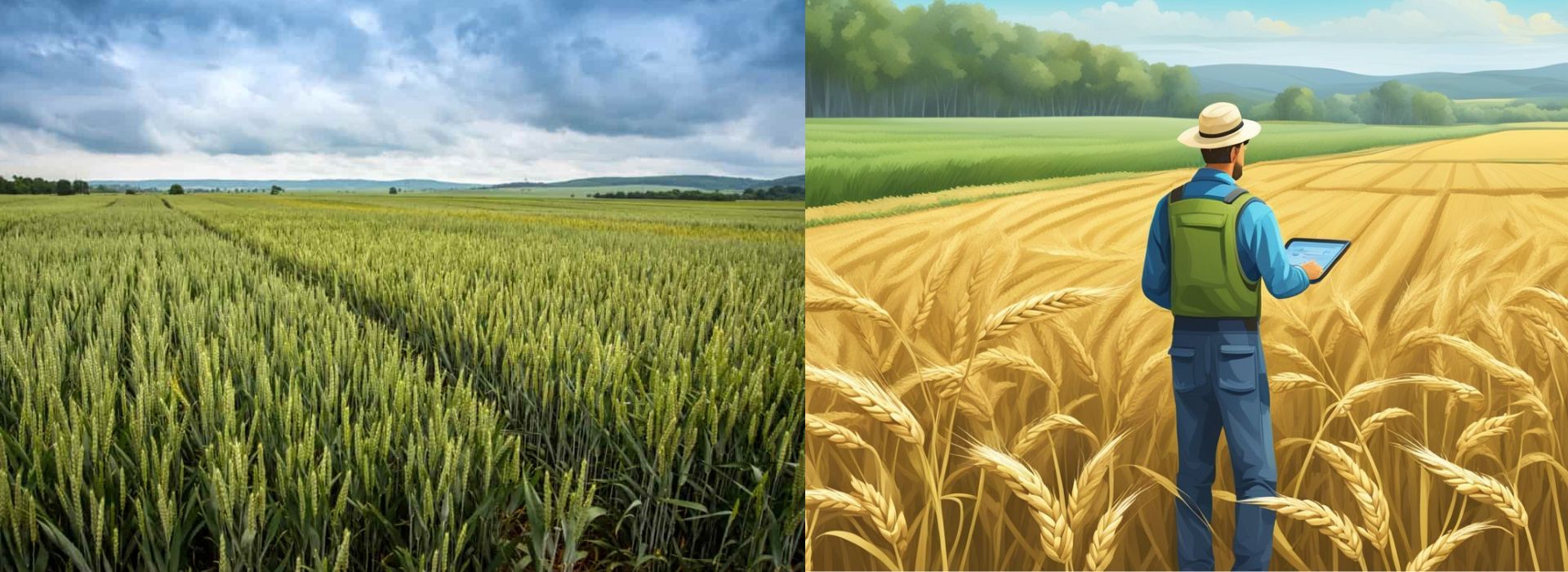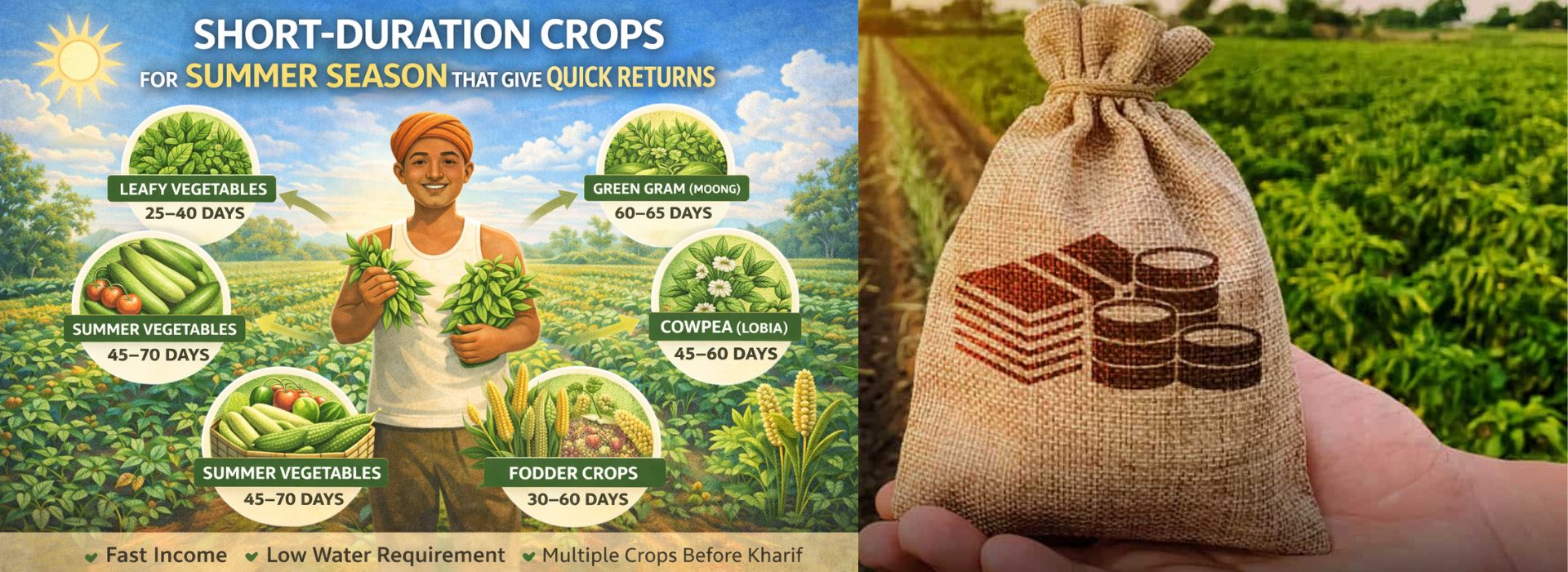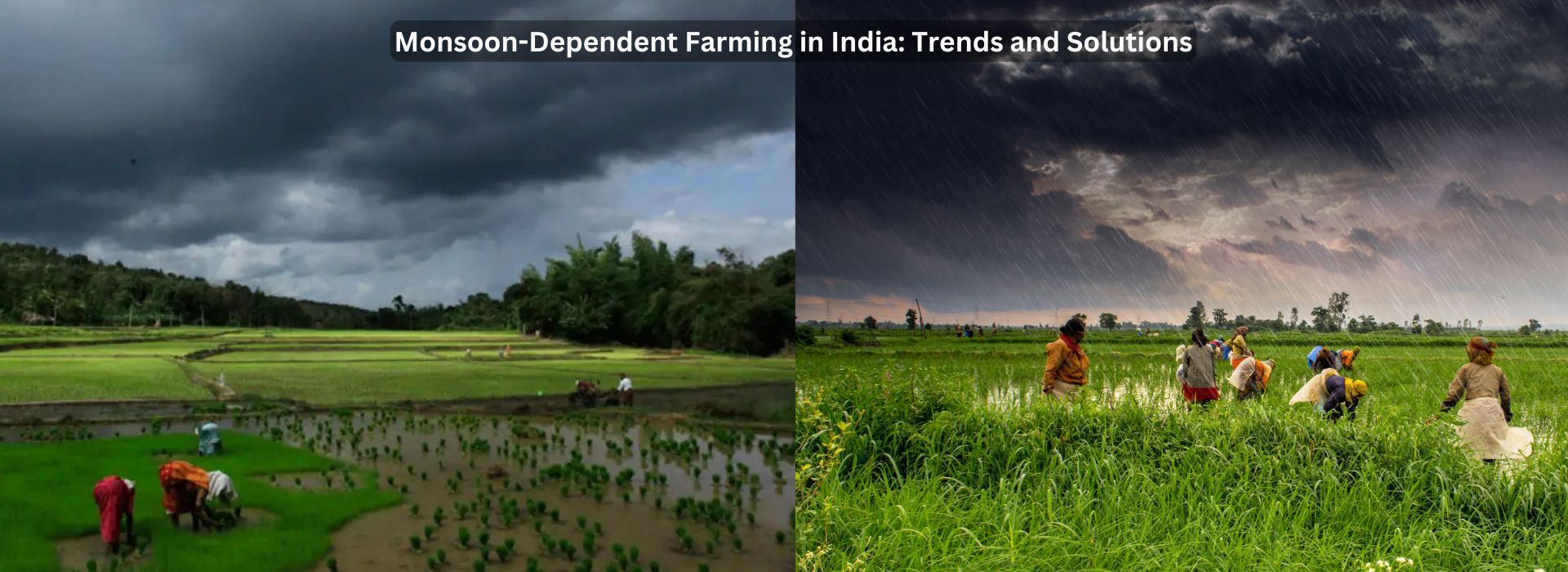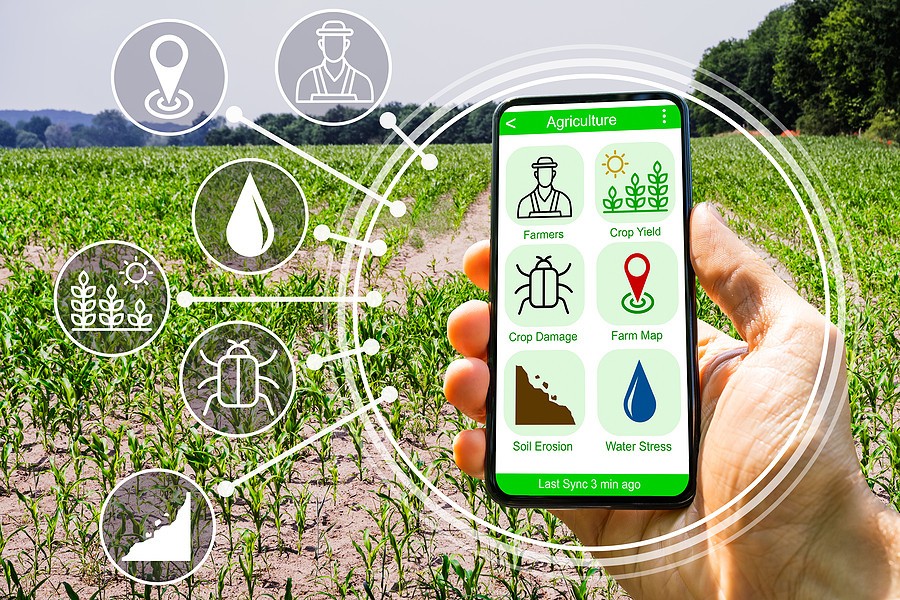Pest Control Strategies for Thriving Wheat Fields
September 18, 2024Pest Control Strategies for Thriving Wheat Fields
Understanding Common Wheat Pests
Successful wheat cultivation often hinges on effectively
managing pests. Common wheat pests include insects such as aphids, Hessian
flies, and armyworms. These pests can cause significant damage by feeding on
wheat plants, leading to reduced yields and poor grain quality.
Understanding the life cycle and behavior of these pests is
crucial for effective management. Monitoring pest populations and identifying
early signs of infestation can help in timely intervention and control.
Integrated Pest Management (IPM) Techniques
Integrated Pest Management (IPM) is a holistic approach that
combines multiple strategies to manage pest populations effectively and
sustainably. IPM emphasizes the use of biological, cultural, and mechanical
control methods before resorting to chemical options.
Key components of IPM for wheat include crop rotation, use of
resistant wheat varieties, proper field sanitation, and regular pest
monitoring. By integrating these practices, farmers can reduce reliance on
chemical pesticides and minimize environmental impact.
The Role of Biological Control
Biological control involves using natural predators,
parasites, or pathogens to manage pest populations. In wheat cultivation,
beneficial insects such as ladybugs, lacewings, and parasitic wasps can help
control aphid and caterpillar populations.
Introducing and conserving these natural enemies within the
wheat field can significantly reduce pest numbers and the need for chemical
interventions. Additionally, practices like maintaining habitat diversity can
support the presence of beneficial organisms.
Chemical Control: When and How to Use It
Chemical control methods should be considered a last resort
within an IPM framework. When pest populations reach economic threshold levels,
targeted pesticide application may be necessary to prevent significant crop
loss.
It's important to choose pesticides that are specific to the
pest and have minimal impact on non-target organisms and the environment.
Proper application timing, dosage, and adherence to safety guidelines are
essential to ensure effective and responsible use of chemical controls.
Preventative Measures for Long-Term Success
Preventative measures are critical for long-term pest
management success. Crop rotation and diversification can disrupt pest life
cycles and reduce the risk of infestations. Selecting pest-resistant wheat
varieties can also offer built-in protection against common pests.
Maintaining healthy soil through appropriate fertilization
and irrigation practices can enhance plant vigor and resilience against pest
attacks. Regular field scouting and pest monitoring enable early detection and
timely intervention, preventing minor issues from becoming major problems.
At krishibazaar.in, you can find and buy various agricultural products. For agricultural guidance on selecting the most suitable products for your crops, please contact or WhatsApp at +917887880887






Guest reviews
No reviews found for this Blog